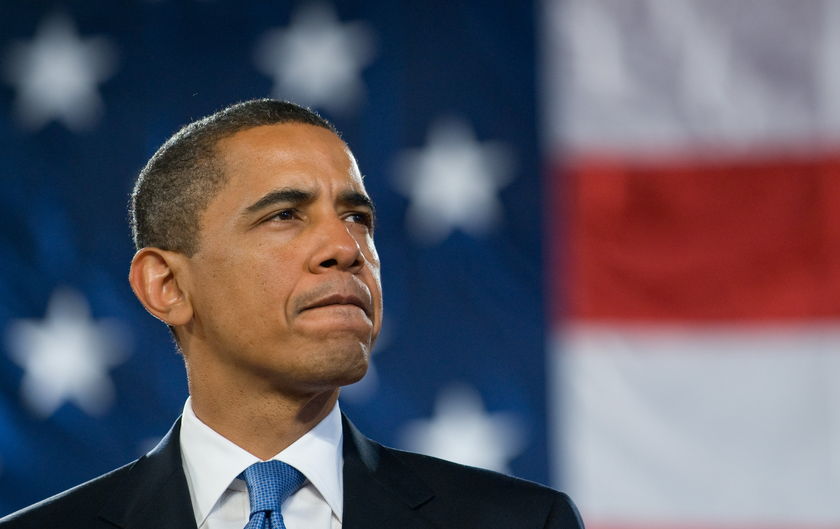IN THE MEDIA
Reality missing in Obama map
May 21, 2011 | Colin Rubenstein

Colin Rubenstein
The Australian – May 21, 2011
US President Barack Obama’s speech outlining US Middle East policy in the wake of the Arab Spring movements was a watershed, detailing US support for reforms and democratisation.
However, its section on Israeli-Palestinian peace efforts unfortunately weakened several important points with flaws that may impede peace prospects.
On the positive side, Obama rightly warned Palestinians that efforts to delegitimise Israel would result in “failure” and that “symbolic actions to isolate Israel at the UN in September won’t create an independent state”.
He hinted strongly that the US would use its Security Council veto to derail planned Palestinian efforts to use the automatic pro-Arab majority in the UN to force Israel to concede statehood without negotiations.
Emphatically affirming the US commitment to Israeli security, he perceptively noted that the recent power-sharing pact between Fatah and the terrorist, rejectionist Hamas “raises profound and legitimate questions for Israel. How can one negotiate with a party that has shown itself unwilling to recognise your right to exist?”.
Importantly, he stressed that the model to pursue was “two states for two peoples: Israel as a Jewish state and the homeland for the Jewish people, and the state of Palestine as the homeland for the Palestinian people”, which is indeed the only viable formula but one that large segments of Palestinian opinion reject. However, Obama’s statement that “we believe the borders of Israel and Palestine should be based on the 1967 lines with mutually agreed swaps” and his suggestion that the negotiating process should consist of agreement on borders and security arrangements first, with the tough issues of Jerusalem and refugees left for afterwards, diminished the positive elements.
Successful peace negotiations probably will end with a Palestinian state constituting, after land swaps, territory roughly equivalent to the area of the West Bank and Gaza. Nonetheless, it was undesirable for Obama, as US President, to make these lines, a priori, the basis of negotiations.
The Palestinian side, which has been pressing for such recognition, will take this to mean that it is acknowledged that all land over the pre-1967 armistice lines is rightfully theirs and land swaps are not required of them – but they are for a viable peace deal.
They will be tempted to continue their strategy of focusing on creating international pressure for Israel to withdraw to those lines without a peace agreement – yet this cannot lead to peace.
Meanwhile, delaying the issues of Jerusalem and refugees is also a mistake. First, any deal will require trade-offs across all core issues, which this proposal complicates. Second, the most difficult issues related to borders are those in and around Jerusalem – so it is hard to see how borders can be decided without discussing the city. Finally, Israel cannot agree to a Palestinian state unless it knows that the demand for a right of return for millions of refugees to Israel proper, which would end its existence as a homeland for the Jewish people, is being renounced.
So asking Israel to be territorially forthcoming before it can be assured of this prerequisite is not realistic.
The sad truth is, peace prospects in the near term look poor in any case, between the Hamas-Fatah pact and the uncertainty created by the Arab Spring.
It’s a pity, however, that flaws in Obama’s mostly positive and well-meaning effort will probably complicate much-needed peace efforts.
Dr Colin Rubenstein is executive director of the Australia/Israel & Jewish Affairs Council.
Tags: Israel





